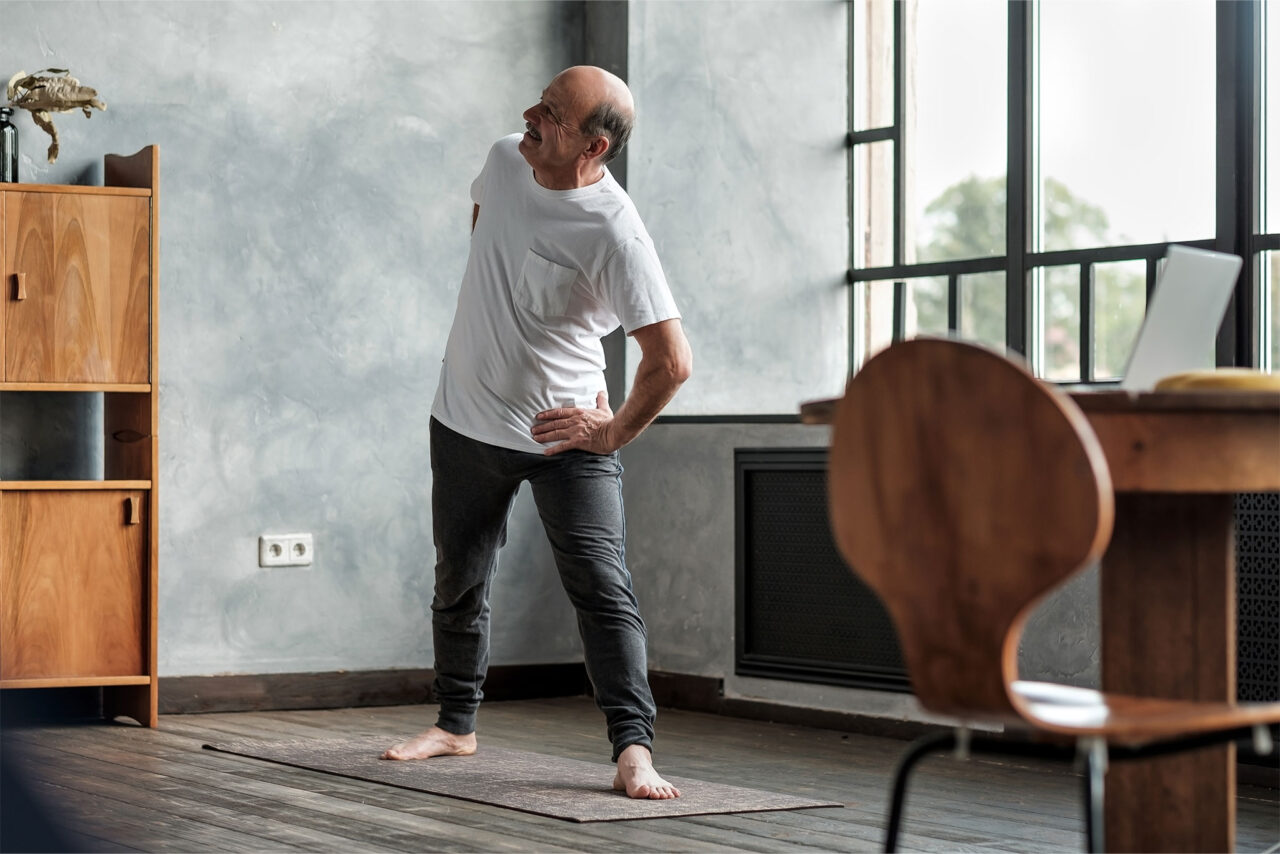Older people obviously need foot care because they have made more use of their feet. As part of extended use, the cushions of fat on the bottom of the feet are compressed. Repeated pressure and shock lead to a thinner layer of protective fat.
A less exotic, but just as real reason for increased podiatric care for elderly people is the fact that many are physically unable to care for their feet This comes at a time in life when the feet need more care than ever.
Certain medical conditions that afflict older people require that they take particularly good care of their feet. These include arthritis, circulatory problems and diabetes.
Cold feet are often an early sign of a circulatory disorder. Other signs include a bluish discoloration, tingling or numbness of the feet, or pain and burning of the feet and calves when walking. If you have noticed these symptoms in your feet, contact a podiatrist for an evaluation. Circulatory disorders underline the fact that you should not use tobacco, wear garters, stand for prolonged periods of time in one position or sit with your legs crossed. Never use hot water or heating pads if you suspect poor circulation.
If you suffer with diabetes your feet should be bathed each day. You should avoid extremes of heat and cold and you should inspect your feet everyday. Exercise is a good idea for diabetic patients. Walking is best. Home remedies for corns, calluses and ingrown nails can be especially hazardous for diabetics. These problems are best managed by a podiatrist.

TIPS FOR FOOT CARE
Older people can prevent many foot problems by following a few simple tips.
Bathe your feet every day in lukewarm water and bath soap. Blot the feet dry with a towel. As you bathe, look to see if the skin is rough. If so, use a skin moisturizer recommended by your podiatrist. If your feet sweat a lot use a foot powder prescribed for you.
Diabetics and people with circulation problems should never cut their own nails. Never cut into the corners of the nails. If your nails are thickened, if you are diabetic or have poor circulation consult your podiatrist. If you are healthy and your nails are thin, your nails should be cut carefully and regularly.
Corns and Calluses are thickened areas of the skin over an area of excessive pressure from the underlying bone. Never use corn removers on these areas. Such products contain an acid, which can cause a burn in the skin that may lead to infection.
It’s a good idea to always wear socks or stockings with shoes. Socks or stockings should be changed daily. Because they restrict circulation, garters should be avoided. It is not advisable to tie knots in stockings to hold them up.
Walking is excellent exercise for anyone, but especially for older people. To aid you in walking, make sure your shoes provide support and protection. They should conform to the shape of your foot and allow adequate space for your toes. New shoes should be broken in gradually. Wear shoes that are appropriate for the activity, especially if you participate in sports.
With the right kind of attention our feet can carry us through an active old age. Regular preventive measures combined with professional care are big steps in the direction of better foot health for older people.
Services
We can offer

INSTRIDE CAROLINA
FOOT CARE
Our practice is dedicated to providing you with quality treatment of all diseases and injuries of the foot and ankle.
Statesville, NC

